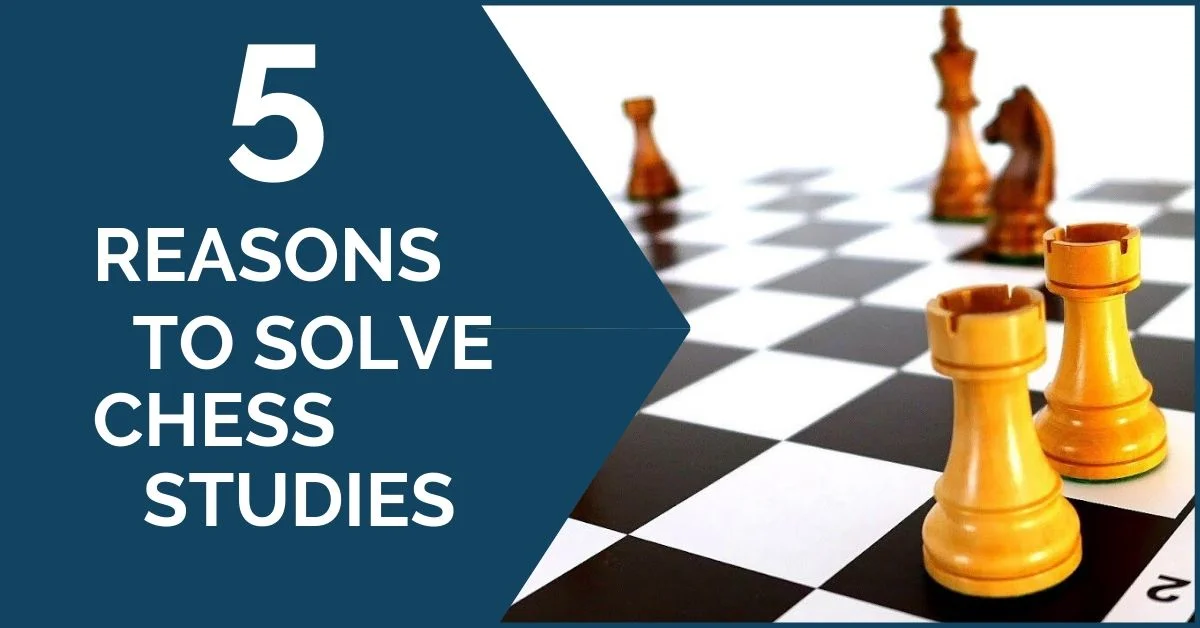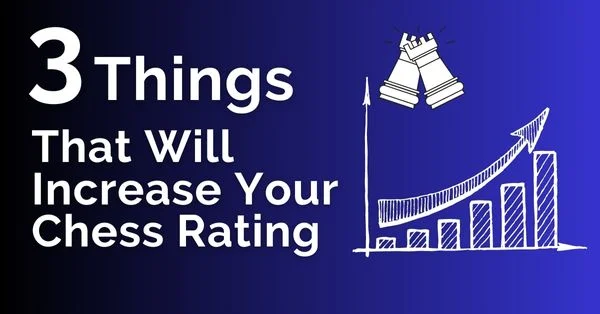5 Most Important Chess Skills That All Strong Players Have
It is a mystery for many chess players how the masters and grandmasters are able to outplay others with such an ease. Some chess players even think that those elite players have some special abilities that allow them to calculate all variations 25 moves ahead, memorize most of the known opening lines, and possess Houdini-like tactical skills. In today’s article we will learn about the five chess skills that all strong chess players have.
Chess skill #1. Selective calculation ability
Many players believe that master and grandmaster level players are able to calculate variations similarly to the computers, 20-25 moves ahead in any position. It may be true in simple positions, but generally it is indeed not the case. The main difference between strong chess players and the rest is that they know exactly what lines to calculate.
A grandmaster will look at the position and will select 2-3 most promising variations. Then he will quickly calculate it. It won’t be a deep analyzes just a quick evaluation. Most likely he will immediately throw away 1-2 of these lines and only keep the most promising to calculate deeper.
A weaker player does not know what lines he needs to calculate, and he will attempt to calculate everything. That will result in calculating nothing. The main difference between the grandmaster’s and amateur calculating ability is that the titled player knows what lines to calculate while the amateur doesn’t. You may argue that GMs can calculate deeper than amateurs. It is indeed true, but big part of it is the knowing what needs to be calculated and what doesn’t.
Chess skill #2. Ability to precisely play simple positions
Nothing separates a strong player from a weak player more than the ability to precisely play simple positions. Strong players know exactly how handle positions involving an isolated pawn, opposite side castling, doubled pawns, rook endgames, symmetrical positions just to name a few.
In the simple positions strong players play the moves automatically. Just think of it, as if you need to checkmate a lone king with two rooks. Your moves would be pretty much instant because:
a. You know the theory of that endgame
b. You have enough experience playing this endgame.
Masters and grandmasters have a lot of experience playing typical middle games and endgames which gives them a huge edge against the amateur players. They have a clear plan in mind; know where to place their pieces and how to attack in each of these standard positions.
Chess skill #3. Ability to realize whether to play for a win or a draw
Another very important skill that all strong chess players have is the ability to realize whether to play for a draw or a win.
Why is that important? Shouldn’t you always attack at chess no matter what?
Yes, you should play attacking chess, but you need to have the most favorable (and at the same time realistic) outcome in mind. If you are two pawns down in rook and king ending you shouldn’t try to push for a win, you must defend as precisely as possible. The favorable outcome in that position is a draw (we don’t consider the scenario where your opponent blunders a rook, it almost never happens on high level).
It is obvious that the plan of the game would be different if one is playing for a draw rather than for a win. A player playing for a draw will be looking for stalemate ideas, move repetitions, etc. A lot of games were lost just because a defending side did not realize of time that he should be playing for a draw, rather than keep trying to win.
Chess skill #4. Ability to quickly evaluate a position
Only a few seconds on analysis is needed for a strong player to understand what’s going on in one or another position. He may not be able to see all of the nuances and calculate all of the variation, but he will have a more or less clear picture about what side is better, and what each side is doing.
That is what gives a strong chess player the ability to play multiple games simultaneously. They may not remember exactly what’s going on all 50 boards, but they can quickly re-evaluate everything in just few seconds, which is enough to beat most amateurs.
Chess skill #5. Ability to play well under pressure
It is not possible to become a high rated chess player without the ability to play well under strong pressure. Chess is not always about winning, but it is very often about not losing. When you play against chess players of your own strength or even stronger, you will pretty often end up with bad positions.
That is totally normal, and there is nothing to worry about. The difference between titled players and the amateurs is that the first group is capable to stay in the game under strong pressure and save many of the games, in which amateurs would resign many moves ago. Again, without saving lost games it is next to impossible to become a high rated player.
In conclusion:
Master and grandmaster level chess players are not computers. They win not because of their superior memory or calculation ability. They win simply because they can do many small things much better than amateur players do. These small things add up, leading to many won games.
You can start learning these small things systematically starting today. In our training program you will learn:
– How to attack the king in typical middle game positions,
– How to play typical middle game positions
– How to play typical endgame positions
– and much more!
Make your first step towards becoming a strong chess player today.
Ready to start winning games with new skills in chess? Check out our store and articles:










Comments: